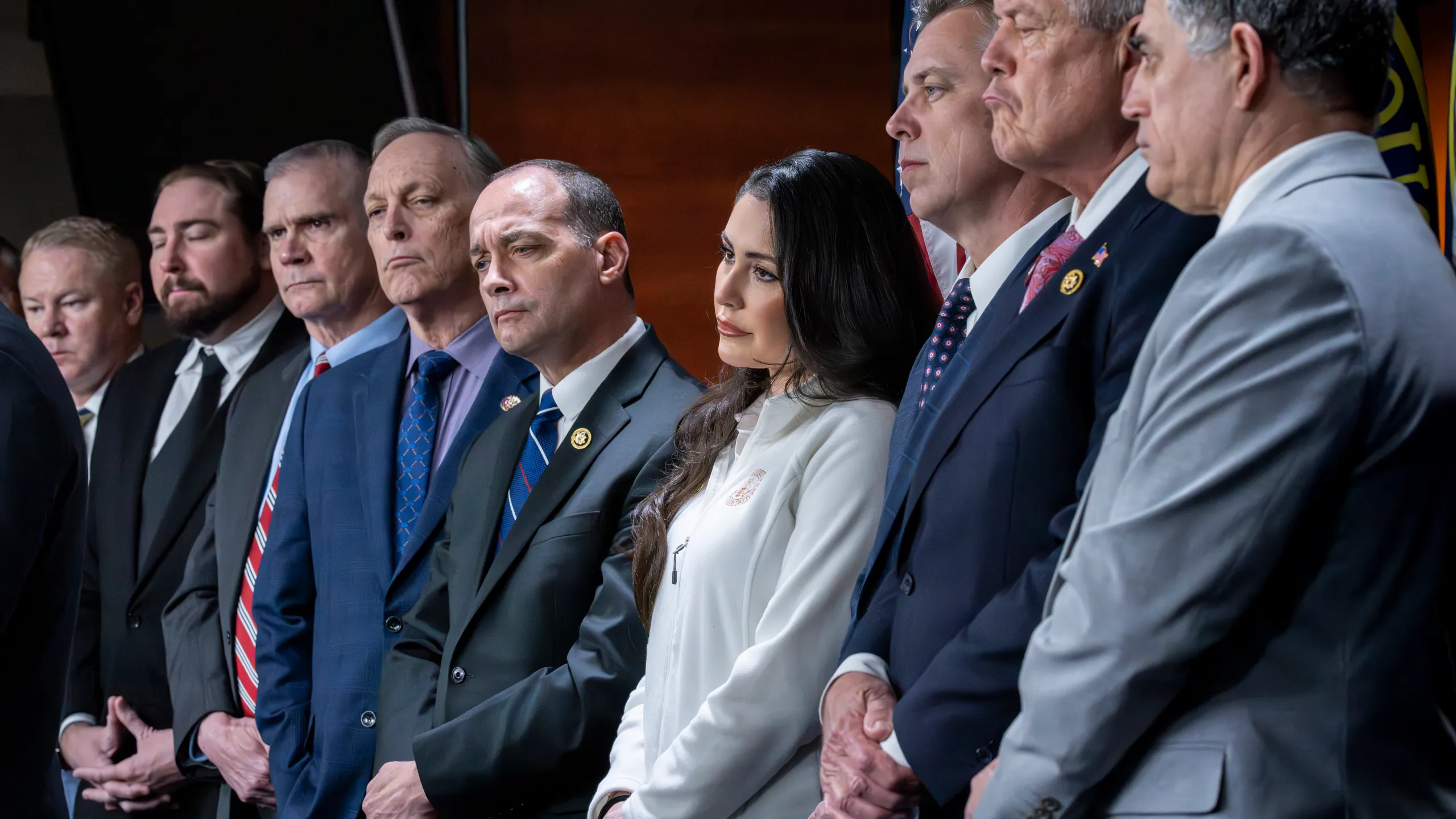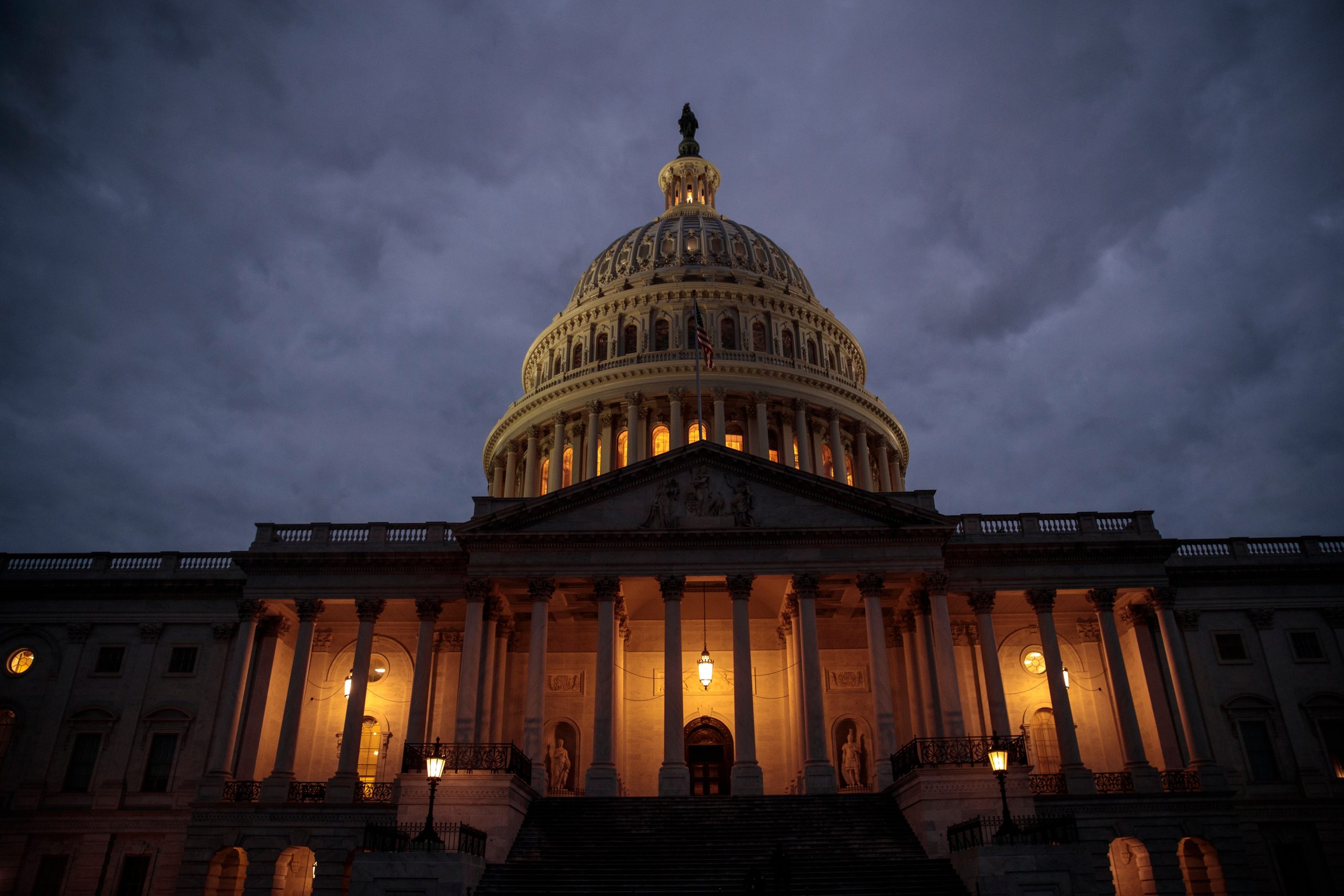In the early hours of Saturday morning, the Senate passed a substantial $1.2 trillion spending package to finance the government for the remainder of the fiscal year. The vote of 74 to 24 occurred just after 2 a.m., surpassing the midnight deadline.
As the Senate vote transpired past the deadline, the White House assured that preparations for a government shutdown had ceased, expressing confidence in Congress swiftly passing the appropriations and the President signing the bill on Saturday.
The approval of the spending package concludes a prolonged and contentious process that began over six months ago in October 2023. Notably, it marked a challenging period for former House Speaker Kevin McCarthy, whose political career suffered amid the funding negotiations. Temporary extensions were repeatedly employed in recent months to avert a government shutdown.

Senate Passes $1.2 Trillion Spending Package, Resolving Fiscal Year Funding Crisis (Credits: KXAN)
Despite narrowly achieving the two-thirds majority required for passage, the House vote on Friday witnessed significant opposition from within the Republican caucus. Many conservative Republicans deemed the package a concession to Democrats, echoing frustrations over compromise. House Speaker Mike Johnson, who ascended to his role amidst discontent over McCarthy’s bipartisan dealings, now confronts dissent within his own party.
Congressional Republicans can claim victories in the spending package, particularly in bolstering immigration enforcement by expanding the Border Patrol. The legislation discontinues funding to the United Nations Relief and Works Agency for Palestine Refugees in the Near East (UNRWA), a move driven by allegations of involvement in a Hamas attack. Conversely, Democrats secured funding increases for critical areas such as early childhood education, cancer, and Alzheimer’s research.
Following the House vote, Speaker Johnson lauded the outcome as a balance of conservative achievements, rejection of extreme Democratic proposals, and significant cuts alongside reinforced national defense.
Meanwhile, Senate Majority Leader Schumer reflected on the arduous process, describing the bipartisan agreement as a substantial achievement for the country. Despite the challenges encountered, Schumer emphasized the value of persistence in reaching a consensus beneficial for all.























